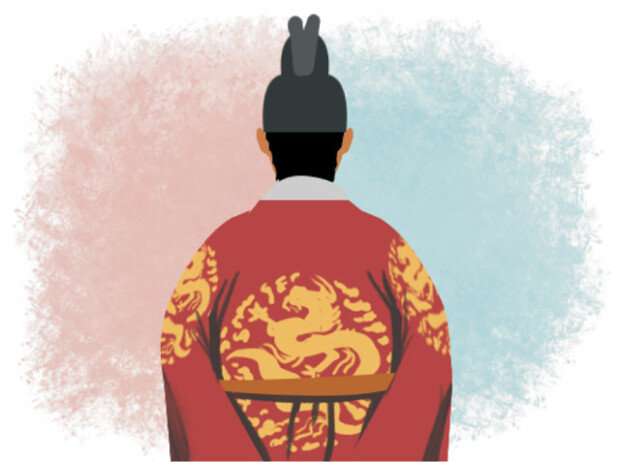The lament of Prince Gwanghae
The lament of Prince Gwanghae
Posted November. 26, 2019 07:43,
Updated November. 26, 2019 07:43

Prince Gwanghae truly lived a checkered life. He used to be considered as symbol of depravity and incompetence that killed his brother and abandoned his mother. Recently, his diplomatic achievement is being seen in a new light. Experts point out that Gwanghae had a shrewd understanding about international relations during the Ming-Qing transition period and aptly pursued equal-distance diplomacy between Ming and Later Jin, preventing the tragedy of King Injo who suffered invasions by Later Jin and Qing owing to his extreme policy to shirk Later Jin.
Joseon’s dual tactics shown in the Battle of Sarhu is a prime example of his neutral diplomacy. When attacked by Later Jin, Ming began to make a massive preparation to subdue the enemies. And Ming requested Joseon to send troops, citing its support during the Japanese invasion in Joseon in 1592. Left with no other choice, Prince Gwanghae sent a 10,000-strong army for Ming, but he gave secret orders to divulge the information of Joseon-Ming troops’ travel routes, and the Joseon military was ordered to give in to Later Jin when engaged in a fight. There are chronicles with the testimonies backing this up, but the rumors about Gwanghae’s orchestrated surrender were disseminated to oust him, not to praise his diplomatic prowess. A historian wrote that Gwanghae was a miracle that Joseon survived as a country after the reign of Gwanghae.
Others kept thorough accounts of how he was worried about sending troops for Ming and convinced that Ming’s army would fail. And this allowed the next generation of historians to have a better understanding about Gwanghae’s diplomatic policy. But it is a popular belief among historians that he never ordered surrender. Neutral diplomacy must be revisited as well. How can a small country maintain neutrality when two superpowers make two conflicting demands? Accepting one’s demand will antagonize the other, and rejection will lead to suppression by both. The best choice should be both just in nature and lie in our national interests. However, such a choice is a luxury that small and weak countries like Joseon cannot afford. “What good does a beautiful rhetoric do for running a country,” Prince Gwanghae is said to have lamented as such upon hearing the tragic news of the Sarhu battle.
tjdrud0306@donga.com
Headline News
- Prosecutor General defies resignation, faces impeachment push
- N. Korean provocation by firing ballistic missiles during first ROK-US joint drill
- Grandmoms wear ‘gwajam’ as freshmen at university
- Canada names economist prime minister amid U.S. trade tensions
- Hong Myung-bo calls up young talents to balance with veterans







